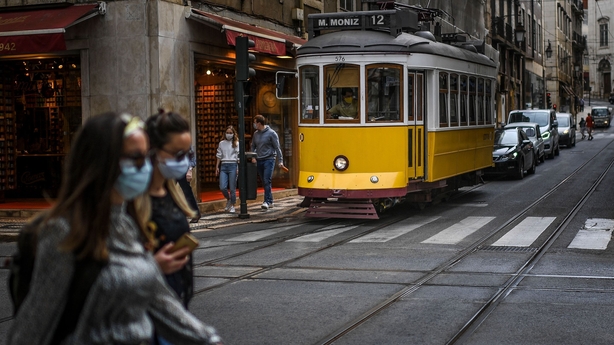French inflation slowed for a second month running in September, bucking the trend in neighbouring Germany, helped by a deceleration in the increases of prices of energy and services, data from the national statistics agency showed today.
INSEE said France's EU-harmonised rate of annual inflation fell to 6.2% in September from 6.6% a month earlier, confounding market forecasts for a slight acceleration.
Inflation peaked at 6.8% in the euro zone's second largest economy, which is faring better than its neighbours in taming price rises though some economists warn France's heavy spending on blanket protection for households is storing up pain for later.
In Germany, inflation hit 10.9% in September, its highest in more than a quarter of a century, and consumer prices in the Netherlands jumped 17% in September, its highest in decades, due to skyrocketing energy prices.
Even so, French consumer sentiment fell more than expected in September as concerns about inflation deepened.

Meanwhile, Portuguese consumer prices rose 9.3% year-on-year in September, the fastest pace since October 1992, up from 8.9% a month earlier, flash data from National Statistics Institute (INE) showed today.
Core inflation, which strips out volatile food and energy prices, rose 6.9% year-on-year, the fastest since February 1994, and up from a reading of 6.5% in the 12-month period through August.
Russia's invasion of Ukraine and the subsequent pressure on energy and food markets have stoked inflation, which was already accelerating as the global economy reopened after the coronavirus pandemic.
Compared to August, consumer prices in Portugal rose 1.2%.

